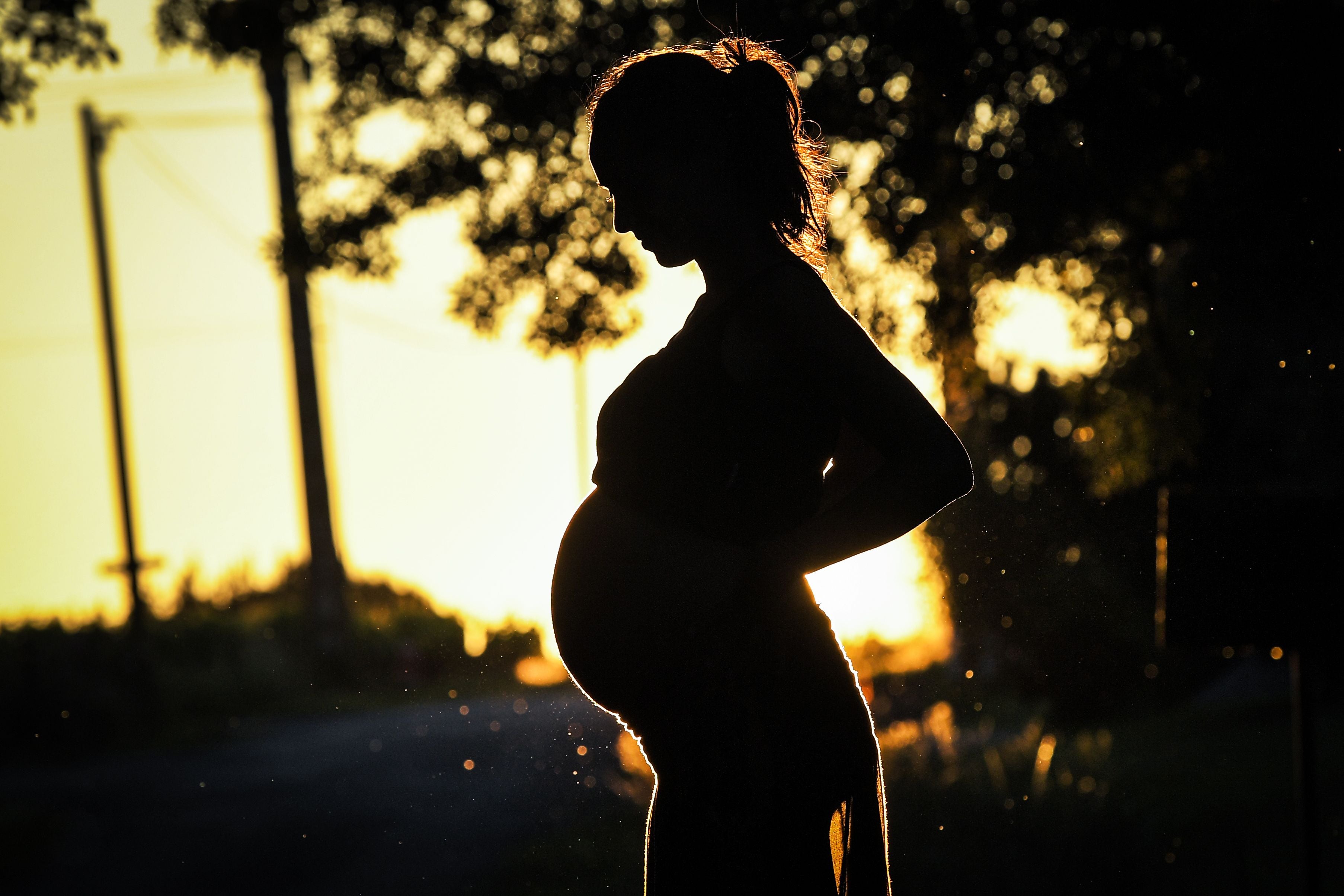Scientists probe how everyday pollutants can harm unborn babies - from clothing to cleaning products
The study will look at everyday pollutants found inside the home as well as outdoors, Zaina Alibhai writes

Your support helps us to tell the story
From reproductive rights to climate change to Big Tech, The Independent is on the ground when the story is developing. Whether it's investigating the financials of Elon Musk's pro-Trump PAC or producing our latest documentary, 'The A Word', which shines a light on the American women fighting for reproductive rights, we know how important it is to parse out the facts from the messaging.
At such a critical moment in US history, we need reporters on the ground. Your donation allows us to keep sending journalists to speak to both sides of the story.
The Independent is trusted by Americans across the entire political spectrum. And unlike many other quality news outlets, we choose not to lock Americans out of our reporting and analysis with paywalls. We believe quality journalism should be available to everyone, paid for by those who can afford it.
Your support makes all the difference.The impact everyday pollutants have on the development of unborn children will be investigated in a major new study.
Previous research has shown the harm air pollution can have on the growth and size of foetuses, as well as the link to premature births.
Scientists at Swansea University will focus their efforts on outdoor pollutants and traffic fumes as well as indoor pollutants such as wood burning stoves, cleaning products and cooking for the study.
It will be the first to track how the function of different organs, such as the lungs and brain, is impacted by pollution leading ultimately to poor health in childhood.
Biological samples will be taken from various pregnant volunteers at various times throughout their pregnancy, with scientists to then analyse the effects of airborne material.
They will be taken from the nasal cavity, peripheral and umbilical cord blood, placenta and sperm.
The samples will then be exposed to PM2.5 - a cocktail of chemical and biological contaminants including house dust, volatile organic compounds and chemicals found in cleaning products.
As well as this, they will also be exposed to other airborne materials such as pollen and viruses.
Scientists will also measure the exposure to natural pollutants within the homes of pregnant women, how the women respond to the environment and then follow the health of their children as they grow up.
Professor Cathy Thornton, Professor of Human Immunology at Swansea University, said: “Our UK wide collaboration will be the first to explore how pregnant women might respond differently to air pollution as a way of understanding the health consequences for their children.
“Alongside this we will work with pregnant women and their families, the wider public, local and national government as well as businesses to monitor indoor and outdoor air pollution exposures of pregnant women and relate these to later health outcomes of the child.
“This ambitious approach is intended to inform policy and the development of interventions including the development of simple tools to quickly monitor the success of an intervention.
The four-year project has received £3.4 million funding from the National Institute for Health Research (NIHR) and UK Research and Innovation (UKRI) through a programme which aims to increase multidisciplinary research in key areas of air quality including human health.
Professor Sir Stephen Holgate, UKRI’s Clean Air Champion, said: “Poor air quality affects millions of lives, but the impact of pollutants indoors is little understood.
“Funding research in this area is a key priority of UK Research and Innovation. By sharing our findings with local and national government, business, charities and the public, we hope this research will reduce the ill-effects of pregnancy air pollution exposures on child health.”
Join our commenting forum
Join thought-provoking conversations, follow other Independent readers and see their replies
Comments